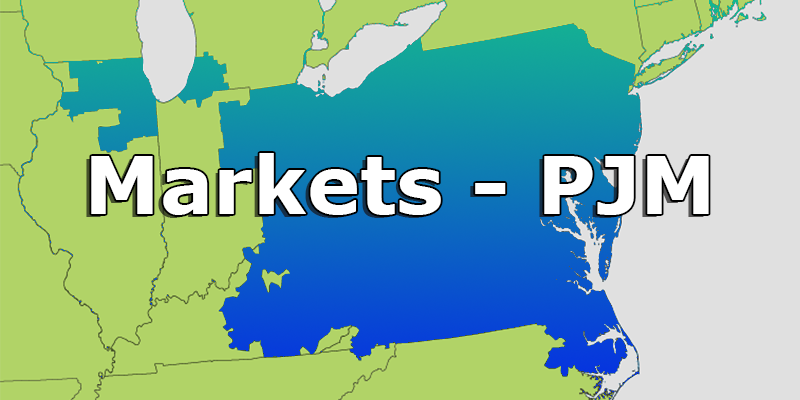
5’s client, a major water authority in Texas, has provided wastewater treatment services to many municipal utility districts for more than 60 years with each member district sharing in the operating costs. In 2014, the client selected 5 to serve as their advisor for all energy-related matters.
Due to the age and emissions characteristics of the client’s existing diesel generator, the engineers at 5 researched and sourced potential replacement options. The Environmental Protection Agency (EPA) recently began enforcing more stringent emissions requirements for engines to be used in non-emergency applications, including demand response and peak shaving. As a part of the client’s generator replacement project, 5 helped evaluate an option for installing a Tier 4 rated engine/generator that met the more stringent emissions requirements associated with non-emergency use of the generator. Ultimately, the client purchased and installed a 1250 kW generator that has been leveraged each year in demand response and peak shaving, combining for over $50,000 in annual program revenue and avoided delivery costs.
In 2017, the analysts from 5 advised the client to execute a forward-start electricity agreement that would begin at the end of 2020, using a block and index purchasing strategy. This product allows clients to create additional economic value by switching to their new generator when real-time market prices escalate.
Within a few months of the new agreement going into effect, Winter Storm Uri ravished the Texas landscape and sent real-time market prices to the $9,000/MWh cap for days. When the electric grid emergency started, just after midnight on February 15, 2021, the client used the power from their generator to avoid taking electricity from the grid when prices were at the market cap. Not only did this action allow the client to do their part in reducing the strain on the electric grid, but it also allowed them to sell back the unused power they had purchased while the generator ran, resulting in almost $130,000 in economic benefit to the client and its member districts.




